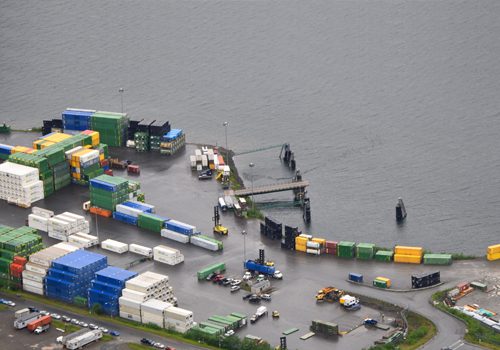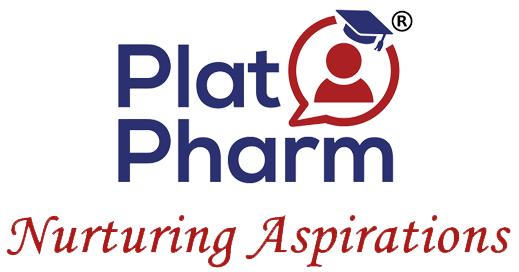
Supply chain management is “the strategic management of activities involved in the acquisition and conversion of materials to finished products delivered to the customer”.
Effective pharmaceutical distribution relies on good system design and good management because distributing and storing medicines, supplies, and equipment is complex and important.
The pharmaceutical procurement system is a major determinant of pharmaceutical availability and total pharmaceutical costs. An effective procurement process helps ensure the availability of the right medicines in the right quantities, at reasonable prices, and at recognized standards of quality.
When it comes to distributing medicines, the primary goal is to maintain a steady supply of pharmaceuticals and supplies to facilities where they are needed, while ensuring that resources are being used in the most effective way. The distribution cycle begins when pharmaceuticals are dispatched by the manufacturer or supplier. It ends when medicine consumption information is reported back to the procurement unit.
Considered as an integral part of the manufacturing process, the supply chain management role encompasses coordination with varied departments within the organisation to ensure the manufacturing to delivery of finished goods at the market place takes place in a smooth manner. Operational management skills, communication with internal and external stakeholders, planning ability are a few of the many key requirements to succeed in this function.
- Academia
- Clinical Research
- Clinical Data Management
- Digital Healthcare
- Epidemiology & Biostatistics
- Healthcare Consulting
- Health Insurance
- Healthcare and Finance
- Manufacturing & Production
- Marketing & Sales
- Market Research
- Medical Coding
- Pharmacovigilance
- Public Health & Hospital Management
- Quality Control / Quality Assurance
- Regulatory Affairs
- Research & Development
- Retail Pharmacy
- Supply Chain Management

